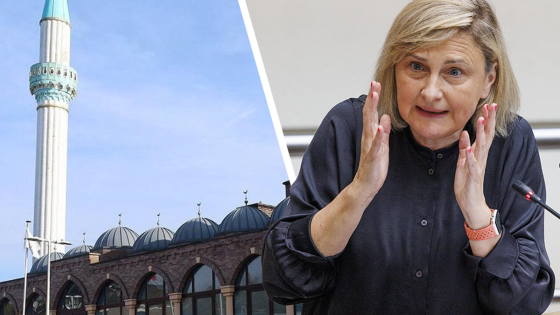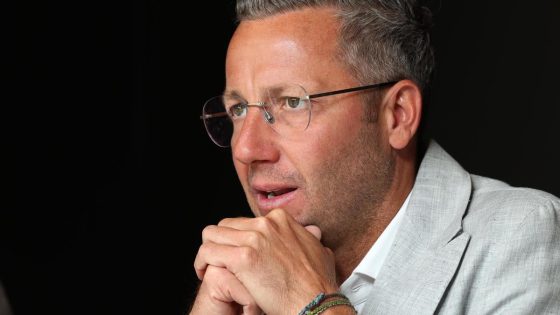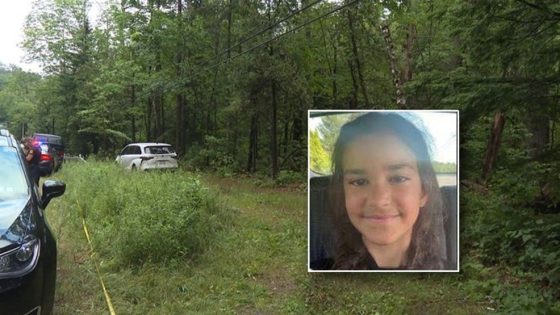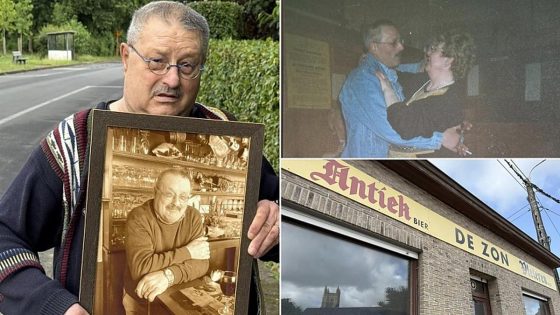The recognition of religious communities in Belgium has sparked significant debate, especially regarding the status of mosques. On 2025-07-15 23:11:00, Minister Hilde Crevits announced decisions affecting numerous Islamic and Christian places of worship, highlighting a complex landscape of religious recognition in Flanders.
- Crevits denies recognition to Turkish mosques
- Majority of mosque and church applications rejected
- 26 religious communities recognized in Flanders
- 30 mosques and 2 orthodox groups refused
- Atakwa Islamic community gains recognition in Kortrijk
While some mosques, notably Turkish ones, were not granted official recognition, others, including the Islamic community Atakwa in Kortrijk, received approval. This selective approach raises questions about the criteria and implications of religious recognition in Belgium’s multicultural society.
How does this impact social cohesion and religious freedom? And what does it mean for communities left without recognition? The answers are crucial for understanding the evolving relationship between state and faith groups.
Why does Minister Crevits reject recognition for many mosques while approving others? This decision reflects broader political and social considerations:
- Recognition affects access to funding, legal status, and community legitimacy.
- The exclusion of Turkish mosques contrasts with a positive stance towards Moroccan communities, indicating nuanced policy lines.
- Over half of the applicants, including thirty mosques and two orthodox groups, were denied, underscoring strict criteria or political caution.
- Recognition of Atakwa in Kortrijk offers hope for integration and religious representation within Belgium’s Islamic communities.
Looking ahead, will Belgium’s approach to religious recognition evolve to foster greater inclusivity? Monitoring these developments is essential for ensuring balanced support for all faith communities and maintaining social harmony.
































